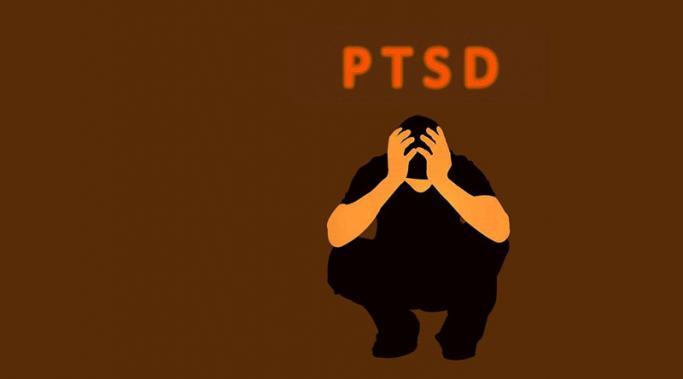I like the topic of the post--although I do not like living with posttraumatic stress disorder (PTSD). It's something I have not written about in previous posts, so let's talk about it.
Recovering from Mental Illness
I was sitting on my patio about an hour ago. I live across the road from an elementary school. Children were doing what they do best: Screaming and throwing things. Ruining my first coffee.
I have touched on the topic of taking psychiatric medication forever in a previous post but it deserves more attention. It's a complex topic and something we all think about when diagnosed with a mental illness.
A good portion of my writing focuses on living with mental illness, accepting the diagnosis and practicing self-care. I touch on some serious topics: Psychiatric medication, issues with your mental health team, learning to live with mental illness and recovering relationships that were damaged along the way...
When I think of mental illness I wonder if I should have a t-shirt created with a couple choice phrases. The front would state: I am Completely Exhausted. And the back of it? The back of it would state--in bold and angry script, I'm Sick and Tired of Being Sick and Tired! These phrases have, in part, defined my life. My entire life. Since I was old enough to throw things and scream for hours. Since I was a child. Before they gave me cocktails of medication, age twelve, before I realized that I was sick and tired of being sick and tired--and exhausted!
I hate to admit it, but when you live with a mental illness there are probably triggers to avoid--triggers that upset the stability we have fought so hard to find (Don't Wait: Prepare for Mental Health Triggers Beforehand). First, let's break it down a little bit.
When you are diagnosed with a mental illness it can feel like your entire life has collapsed. You fight to pick up the pieces only to have them slip from your hands.
The first thing that comes to my mind when I think of putting my mental health recovery first? "Just Do It!" Yes, that horrible Nike campaign.
Knowing when to tell someone you have a mental illness is ... complicated. It's a serious topic and the answer is hard to figure out. And you have to figure it out for each individual person and situation (What to Tell a Date About Your Mental Illness). I've had to do it plenty of times, and here's my advice for when to tell someone you live with a mental illness.
Earlier this week, I write a post Mental Illness Recovery: Will I Stay Well? Following the post, I started thinking. I asked myself that very question: Will I stay well? The answer? No, not forever. Forever would be nice. I then wondered how I could become comfortable with this.
Is that possible?









